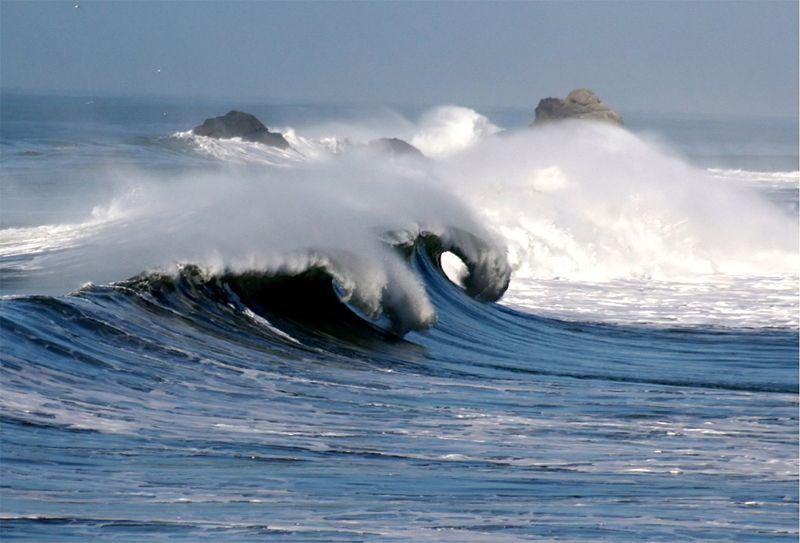Immigration to Australia

Following the revolution in North America, Britain lost their American colonies. Thus they had nowhere to send their convicts and their population surplus anymore. Australia became the new America and in 1788 the First Fleet arrived, with a total of 1044 persons, convicts and marines. They settled where Sydney is to be found today. This happened on 28 January, which is Australia's national day, also called Australia Day.
The transportation of convicts from Britain ended in 1868. By then, 160,000 convicts had arrived in Australia. The number of immigrants increased drastically during the Gold Rush period from 1850–60. Gold was discovered in New South Wales and Victoria. By 1860 Australia had 1.1 million inhabitants and by 1880, the number has increased to 2 million.
The immigrants continued to arrive, and received a warm welcome from the Australians. Many came from the United Kingdom, Greece and Italy. Between 1945 and 1965, the Australian government paid half the fare for anyone wanting to settle in Australia. Large numbers emigrated to Australia, which was at the time considered a haven for anyone wanting to start a new life. Many refugees from Vietnam and the former Soviet Union now enjoy life in Sydney. Polynesians looking for work have also settled in Australia.
Even if English is the official language, don’t be surprised if you hear Greek, Italian, Ukrainian, Chinese or German spoken in the streets of Sydney or Melbourne. Even today, Australia accepts immigrants onto the island, but there are limits.
Even though Australia is a vast country, and there is room for a lot more than 22 million people, the destruction of forests for the development of farmland has destroyed a great deal of the country’s nature, wiping out the natural habitats of many of Australia’s animals.
Discussion
- A lot of Australians are not very proud of their convict past. Do you think that is a fact that should be toned down?
- Australian culture is very easygoing. 'It'll work out', is their favourite expression. Would you describe your personality as easygoing or strict?
Writing
Write down 5 questions about Australia that you want to find the answers to. Hand them to the student next to you and have him or her find the answer on the Internet or in the library.
Related content
With the arrival of the Europeans, the Aborigines were forced off the fertile coastlands, and sent to the rugged inland areas of the Australian outback.